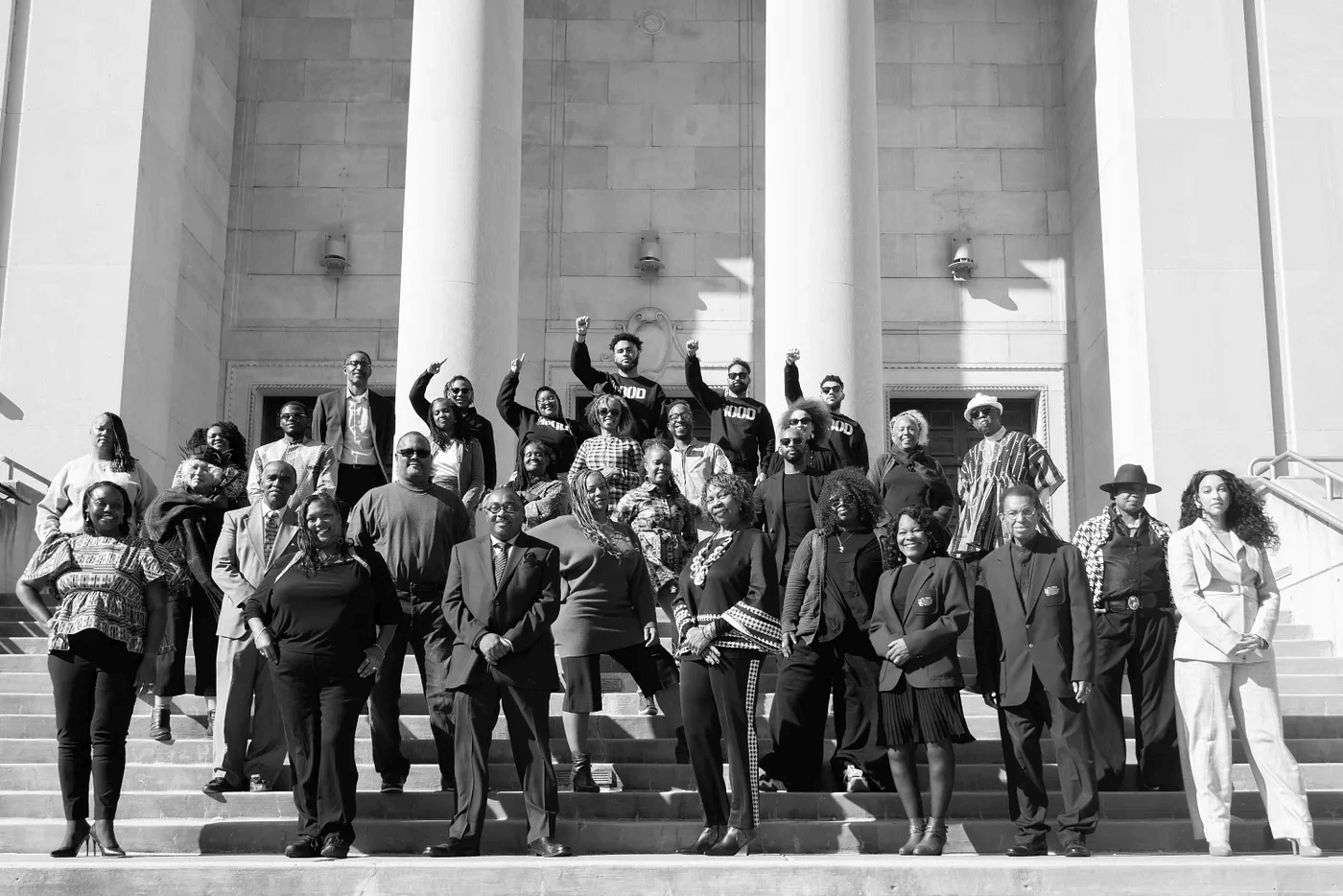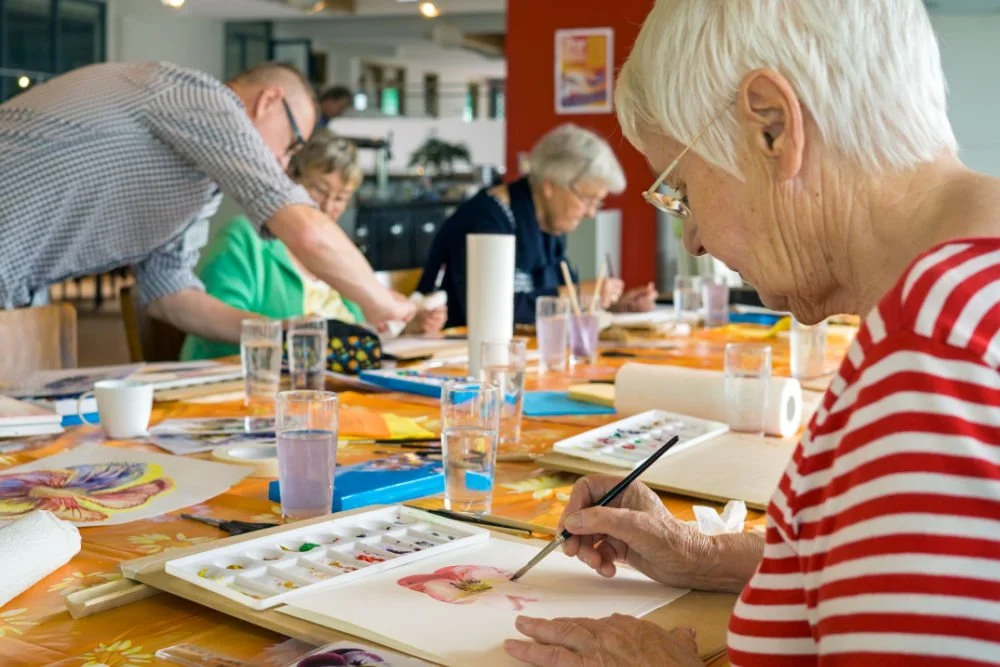Paul Allen Unveils a Music Festival and Seattle Shrugs. What's the Lesson Here?
/We've devoted a good deal of ink here on Inside Philanthropy theorizing as to why tech donors aren't into the arts. Some adhere to the tenets of "effective altruism," and with it, the idea that a performance of The Nutcracker won't save a life. Others are nonplussed by the arts' "soft" performance metrics. Others simply haven't developed a David Bohnett-esque appreciation for the arts just yet.
These observations don't apply to Microsoft co-founder Paul Allen, who's been funding the arts for years and recently announced an ambitious new music festival, Upstream Music Fest + Summit, that aims to transform Seattle's Pioneer Square into an eclectic “walkable mixtape” and music-industry conference.
Further flipping the script, the gift was met with shrugs from members of Seattle's music intelligentsia. Proving that the idea of "effective altruism" can be applied within a specific arts field like music philanthropy, critics argue that Allen's millions could be better spent elsewhere.
But before we dig into Allen's gift and the community's reaction, a quick recap of Allen's music-related giving is in order.
In 2000, Allen famously donated $240 million to establish the Experience Music Project/Science Fiction Museum and Hall of Fame (now dubbed the Museum of Pop Culture) in Seattle, created, in part, to honor Allen's hero, Jimi Hendrix. (As the leader of the band the Underthinkers, Allen has a firsthand interest in music.)
In 2001, Allen donated $3 million Seattle public radio station KEXP. As for Allens' new Upstream Music Fest + Summit, the die was cast back in 2015, when Allen founded the Seattle Art Fair, a four-day event that brings together over 60 galleries from around the world.
Allen's new project follows a similar format. The conference includes musical performances, industry workshops and keynote speeches from musical icons. Consider it a South by Southwest for the Pacific Northwest.
The reaction in Seattle has been mixed. Supports are thrilled that the festival will bring visitors to the city and place music squarely within the urban experience. Opponents consider it a misuse of Allen's millions.
A call to action is being circulated on Change.org thanking Allen for his support for Upstream, but asking Vulcan Inc., which oversees Allen's business activities and some of his philanthropic endeavors, to offer more affordable housing to "truly preserve Seattle art, music, and culture." (We should note that in late April, Allen pledged $30 million toward a permanent housing facility for as many as 100 low-income and homeless families in Seattle.)
The group also asked Allen and his investment firm to offer affordable rehearsal spaces and art studios and to fund research into "who benefits and who is left out of the music economy and strategies for equitable participation."
There's nothing stopping Allen from spending a portion of his limitless fortune on the Upstream Music Fest + Summit. But that doesn't mean the general public or members of the arts community have to accept it unequivocally.
The nonplussed reaction from segments of the Seattle music and arts community points to increasing concerns about the affordability of urban areas for artists amid growing gentrification. Cities with big tech sectors have become especially pricey.
As we've reported, a growing number of funders have zeroed on in the economic pressures facing urban artists, especially in the Bay Area. And while it's highly unlikely that Paul Allen will redirect his festival funding to address this challenge in Seattle, here's the thing: He doesn't have to. Allen has enough money, with a fortune of around $20 billion, to branch out into other areas important to artists if he so chooses. Indeed, with the billionaire's giving constantly expanding lately, we wouldn't be surprised if he chose to do exactly that.






































